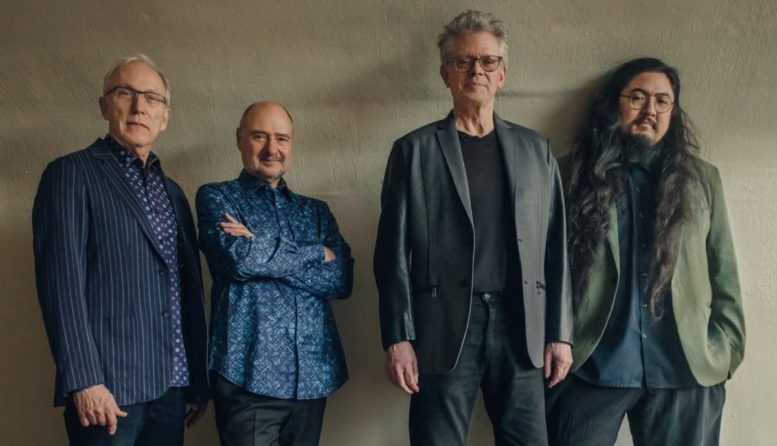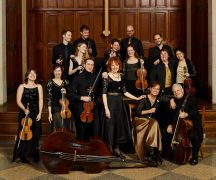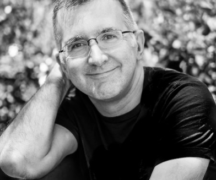For 50 years, the Kronos Quartet has challenged the notion of what a string quartet is. With more than 900 commissioned works, and about 80 recordings of their own and in collaboration with others, the San Francisco-based ensemble has cemented its reputation as the world’s most adventurous string quartet. Their choice of repertoire seemingly has no limits from jazz, pop in a variety of styles, folk from around the world, and contemporary classical from the masters of the genre.
Kronos indeed has stretched that term “classical” to encompass the whole world, and its myriad sounds. And the members – artistic director David Harrington, violin, John Sherba, violin, Hank Dutt, viola, and composer Paul Wiancko, cello – are committed to projecting that mission into the future.
To mark its golden anniversary, Kronos launched the “50 for the Future” project commissioning 50 works expressly composed for young players with recordings and scores, all freely available. Among the commissioning partners of the project is BGSU’s College of Musical Arts.
Kronos will perform a program showcasing some of those works when it presents a free concert Tuesday, Feb. 14 at 8 p.m.in Kobacker Hall on the BGSU campus.
The concert will conclude quartet’s two-day residency on campus as part of the Hansen Musical Arts Series. On Monday, the musicians –will work with BGSU students.
In the morning, they will speak with student composers and doctoral students in the contemporary music program. In the late afternoon they will work with Graduate and Fulton String quartets. In between, they will travel to Perrysburg High School to work with the orchestra there.
The compositions on Tuesday’s program demonstrate Kronos’ musical reach including work by Angélique Kidjo from Benin, Inuit singer Tanya Tagaq, Peni Candra Rini from Java, and electronic producer Jlin, from Gary, Indiana.
The program also includes work by new music icons Terry Riley and Philp Glass. Kronos will be joined by the two students quartets to conclude the performance with Glass’ “Quartet Satz.”
On its website, Kronos explains the philosophy behind the project.
“There is no shortage of string quartet repertoire or educational resources available to today’s young musicians who wish to specialize in the canon of works from Haydn through the mid-20th century. But there is no coordinated body of work devoted to the most contemporary approaches to the string quartet, designed expressly for the training of students and emerging professionals.
“Kronos’ ‘50 for the Future’ project is a response to this need, providing young performers with the ability to immerse themselves in contemporary approaches to string quartet literature and performance and also to develop as players by working their way through the levels of complexity and difficulty within the repertoire. This new set of resources will present string quartet music as a living art form, providing emerging musicians with both an indispensable library of learning materials as well as a blueprint for their own future collaborations with composers.”




